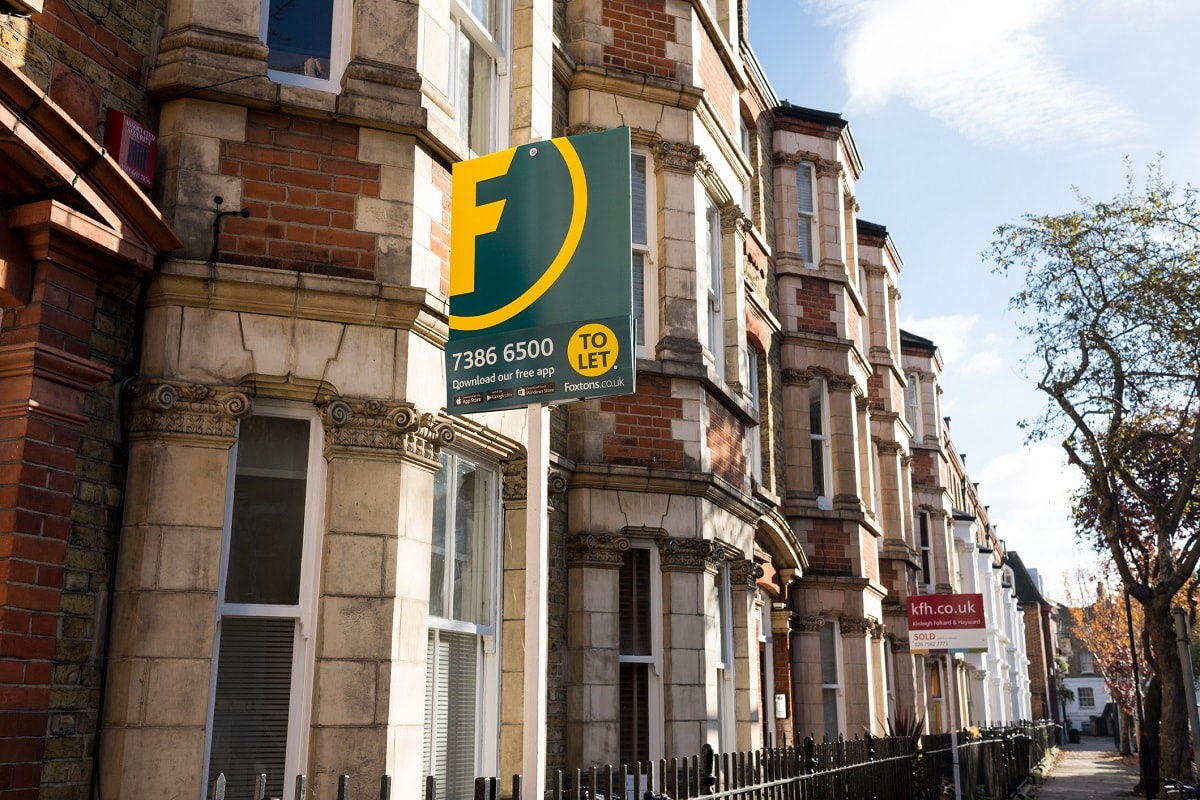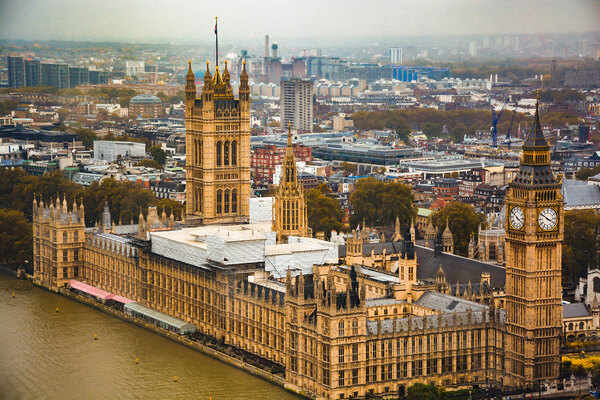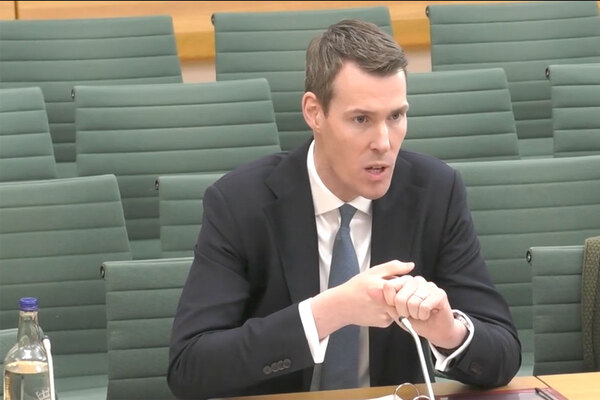‘Catastrophic’ impact if PRS licensing abolished, warns charity boss
A charity boss has argued that scrapping selective licensing in the private rented sector (PRS) would be “catastrophic”.
Under the government’s Renters (Reform) Bill, plans have been put forward for a property portal that would force landlords to legally register themselves and their properties.
However, this has raised concerns that selective licensing schemes for councils will be phased out after an amendment proposing the move was tabled in January.
The government said last year it would work with councils to ensure “schemes are continuing to deliver the intended outcomes”.
Under selective licensing, local authorities can makes it compulsory for landlords to have a licence for every PRS property they own in an area and is seen as way to drive up standards. Councils need approval from the housing secretary to launch a scheme.
In a new report called Licensing Private Rented Homes: insights and experiences from five London boroughs, London-based charity Cambridge House looked at selective licensing in Camden, Ealing, Enfield, Waltham Forest and Westminster.
Karin Woodley, chief executive of Cambridge House, wrote in the report: “Paradoxically, the proposed introduction of landlord registration constitutes a moment of peril for renters.
“PRS licensing is politically contentious. Housing providers invariably don’t like having to pay a licence fee which they regard as a tax.
“The argument is commonly proposed that a property portal, universal in its application, should replace other discretionary and partial schemes such as selective, additional and mandatory licensing.
“At Safer Renting [one of Cambridge House’s programmes], we know such a move would be catastrophic.”
Roz Spencer, head of service at Safer Renting and one of the authors of the report, added: “Abolishing selective licensing risks undermining the entire stated purpose of Renters Reform Bill: improved security of tenure for renters isn’t really worth having if the homes they have the right to stay in aren’t fit for human habitation.”
The report showed that based on its findings from the five London boroughs, almost all PRS properties brought forward for current licensing are non-compliant.
Cambridge House said that all five boroughs were “shocked by an unanticipated high degree of non-compliance”.
One borough estimated that 95% of properties that applied for a licence had not complied with its conditions, according to the charity.
Many properties were failing because of Category 1 hazards, which constitute the most serious risk to health, the charity said.
At the same time, many properties required multiple inspections before reaching the required standard, the report found.
As a result, Cambridge House said that selective licensing should be kept and councils should consider an annual “compliance inspection regime” rather than the current default five-year cycle.
It also called on the government to amend the Housing Act 2004 so that selective licensing schemes are set up to continue “unless and until there is evidence that regulation is no longer necessary”.
A government spokesperson said: “There are no plans to abolish selective licensing.
“When used appropriately, selective licensing is a valuable tool, enabling local authorities to quickly drive safer and higher quality properties for tenants and enforces the law against rogue landlords. It supports residents, tenants and responsible landlords.”
The report comes after charities and sector bodies urged the government earlier this month to resist any attempt to weaken the Renters (Reform) Bill after reports that dozens of Conservative MPs may oppose the legislation.
The government insisted that “it will abolish Section 21 evictions – giving people more security in their homes and empowering them to challenge poor practices”.
Sign up for our regulation and legal newsletter
Already have an account? Click here to manage your newsletters












